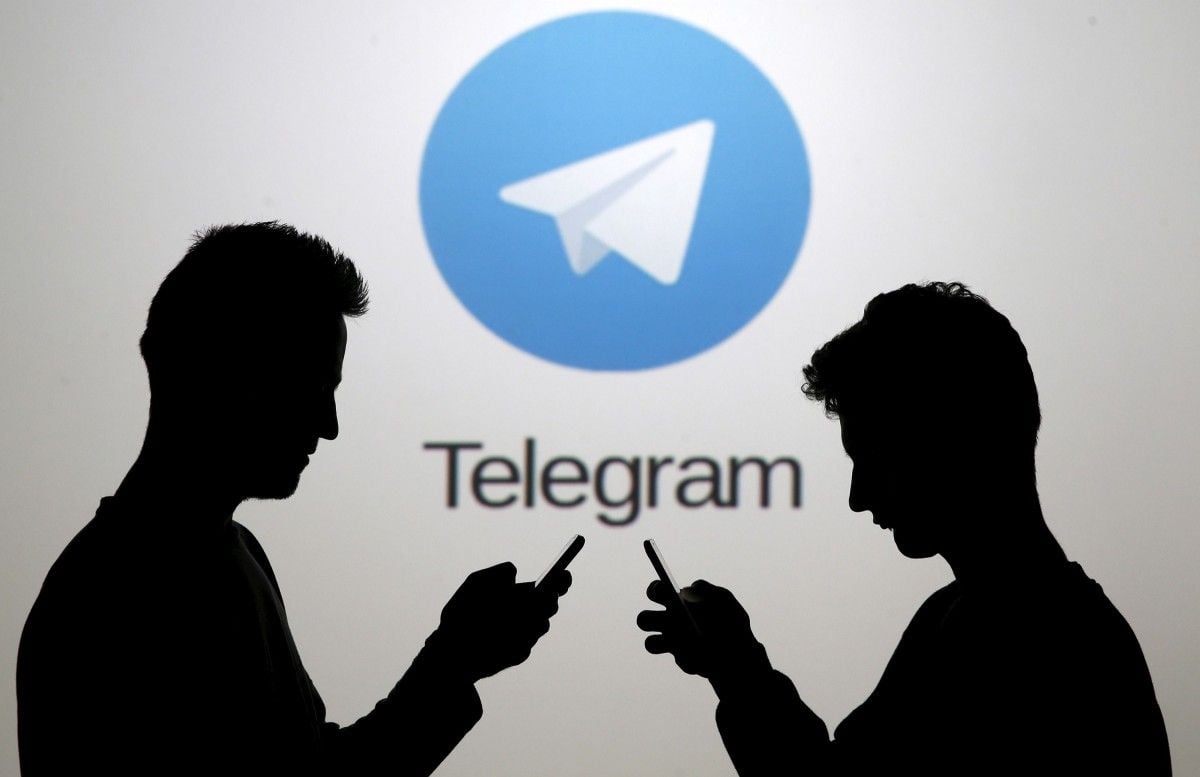
The water service in Odesa, a port city in southern Ukraine, was suddenly overrun this week with calls from worried residents with a peculiar concern. Were officials really planning to run an antiseptic solution through the city’s taps instead of water?
The calls were sparked by a message on social media claiming that: "Today, from 23:00 until the morning, antiseptic will be distributed" in the water system, The Daily Times reports.
The antiseptic supposedly included several different whiskies – a brand for each district. However outlandish the claim, Odesa's water agency still issued a clarification.
Since the beginning of the coronavirus outbreak, false news stories have spiked in Ukraine, fuelled by mistrust of authorities and of Russia, which Kyiv says wants to sow instability.
"Before the pandemic, we received seven or eight requests each day to verify information," said Alyona Romanyuk, the founder of a platform that debunks false stories online. "Now there are around 100."
Among them, the Ukrainian security services denied rumors that authorities planned to douse the capital with disinfectant by helicopter.
Another claimed that medical services for pregnant women and cancer patients were disrupted due to COVID-19.
Ukrainian President Volodymyr Zelensky himself denied "horror stories" that 400,000 Ukrainians were infected.
"False information spreads much faster than the virus," he said on television last week.
According to official statistics, Ukraine has confirmed 475 cases of the virus and 10 deaths.
Read alsoPsy-ops and disinformation campaign in Italy amid crisis
Yet some Ukrainians worry the government tally is far lower than the real number due to a lack of testing, while corruption has left many people suspicious of official statements too.
Disinformation usually begins with a post on Facebook which is then shared over Telegram or Viber, two online messengers popular in Ukraine.
But the effects can be felt offline too. In February, 72 people were evacuated from the Chinese city of Wuhan, the center of the coronavirus pandemic, and quarantined in Novi Sanzhary, a small town in central Ukraine.
Social media messages claimed the evacuees were infected and local residents clashed with police escorting those brought from China to the medical centre.
A report by the European External Action Service, which cited the incident, accused Kremlin-run media of spreading misinformation about the coronavirus. Moscow has rejected the accusations.
Read alsoRussia, China exploiting coronavirus in geopolitical game
Yet Ukraine says it has become a regular target of Russian misinformation since 2014, when Moscow annexed the Crimean peninsula and threw its weight behind separatists in eastern Ukraine, a conflict that has claimed more than 13,000 lives.

